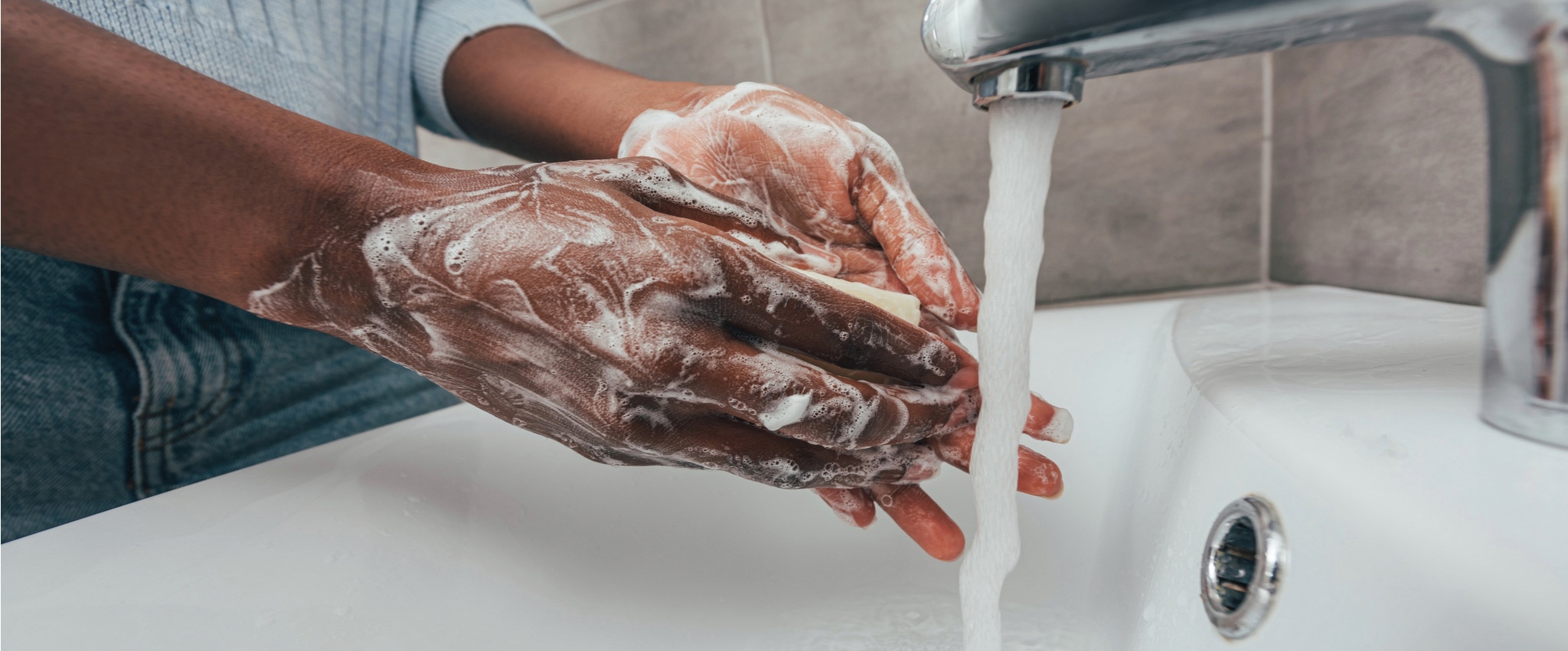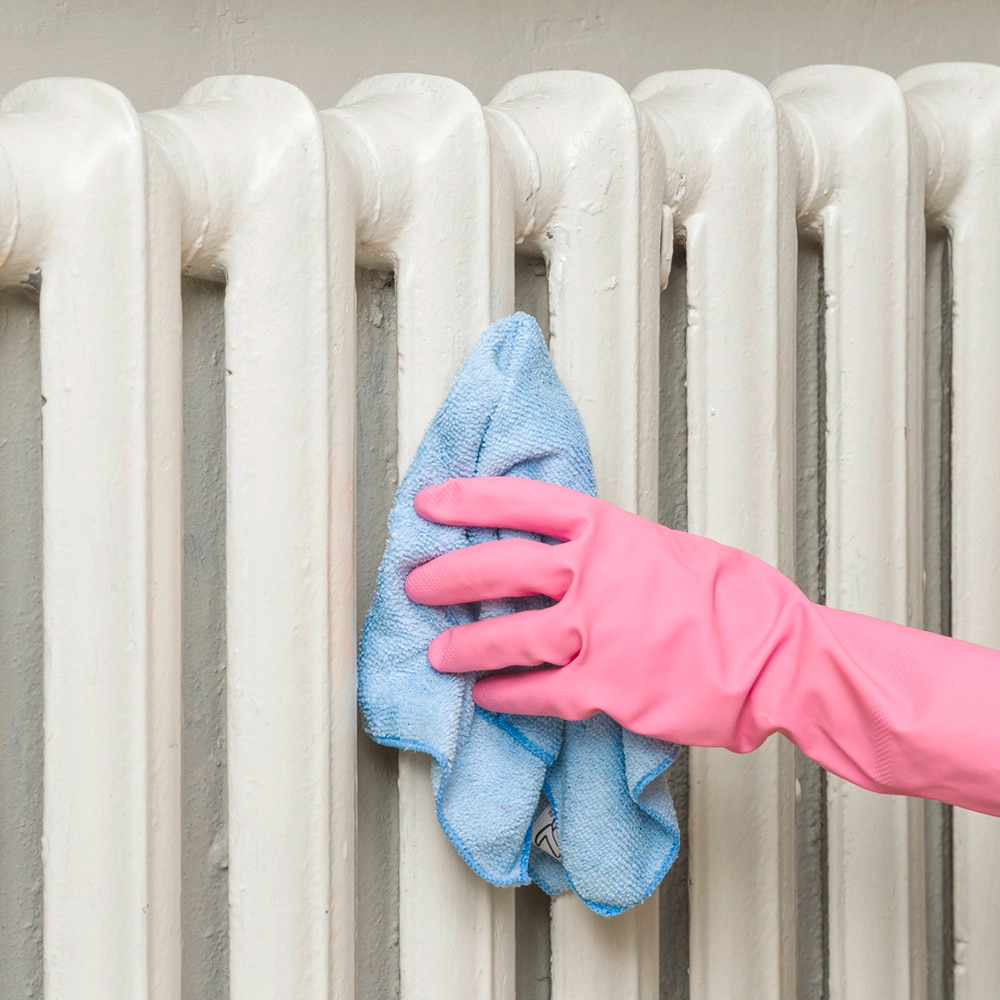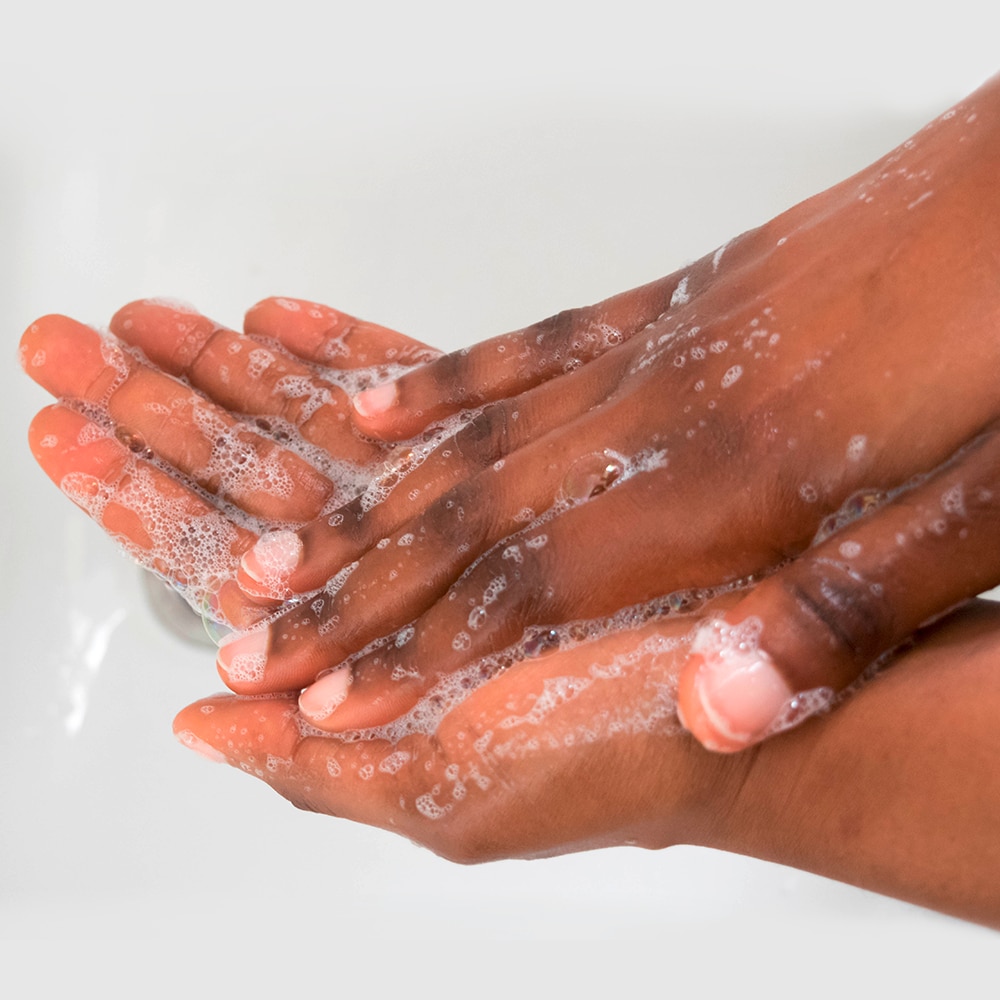Babies are born ready to learn and you are your child’s first teacher. They watch what you do and copy it. From how you talk and how you play, to your attitude towards hygiene and cleanliness, it all rubs off on your children. One of the first hygiene lessons you want to teach your child is the importance of the proper way to wash their hands with bar soap.
How to Be a Hygiene Role Model for Your Child
Share everything but germs
Children are often close to one another at day-care and pre-school. They share snacks, toys and everything in between. Studies show that children touch a total of 186 items in 24 hours. That’s why it’s vital to teach them that washing their hands with soap and water is their most important tool to fight germs.
If you want your children to grow up with good hygiene habits, try these tips for teaching pre-schoolers how to wash their hands:
- Wash your own hands: Kids learn best when someone sets a good example. They love to imitate adults. By washing your own hands in front of your child, you show them that it’s important.
- Talk about when: it makes sense to you to wash your hands before you eat or after you've gone to the bathroom, but your child might not necessarily realise when they should be heading towards the sink. Tell them when and why you're washing your hands.
- Talk about why: What is obvious to adults isn't always clear to kids. On a basic level, explain how hand washing helps remove germs that can make them sick.
- Make a game of it: Give your children imaginary germs on their hands. You can use wash-off tattoos as pretend germs. Then rush them to the basin to wash away the germs with bar soap and water.
- Talk about how (and how long): Young children have no concept of time. Set a timer for 20 seconds or have them sing the Happy Birthday song twice over.
- Show them the right technique: Bring your child into the bathroom (or kitchen) and show them exactly how hand washing is done the right way. Explain the difference between the hot and cold-water taps (and ensure that the hot water tap is set to the correct temperature to avoid burns). Show them the proper amount of soap to use and how to scrub with it.
- Make sure the basin is accessible: Because basins are sometimes too high for your pre-schooler, invest in a step stool so they can reach the tap easily ; but remember to stand by them to ensure they don’t slip off the stool.
Keep a bar of Lifebuoy Tea Tree & Aloe Vera hygiene soap readily available at the bathroom basin or kitchen sink to serve as a reminder to wash hands. Remember that your child needs your support for learning. Give plenty of praise if they remember to wash their hands and don’t yell at them if they forget. Praise and encouragement will keep them interested and help them feel good too.
Which soap should you buy?
Soap and washing your hands has been a hot topic of conversation since the beginning of the pandemic. From beauty soap with tea tree oil to natural soap and germ protection soap, the questions about which is best can leave you wondering what to buy. To make your choice easier, we’ve taken the guesswork out and provided some answers.
Bar soap vs liquid soap – which one is better?
Bar and liquid soaps are equally effective in lowering the number of microbes on our skin. Because both have surfactants, one is not better than the other. Whilst the choice is entirely up to you, you can’t go wrong if you’re selecting either from the Lifebuoy range. Many people find that there’s room in their household for both. Some people prefer a liquid soap next to the kitchen and bathroom sinks, with bar soap in the shower or bath.
Lifebuoy’s range of hygiene bar soaps and liquid handwashes have special germ protection additives that are designed to deliver germ protection for you and your family. A family favourite, is the Lifebuoy Tea Tree & Aloe Vera soap. This variant will leave you and your loved ones feeling clean and fresh. Wash your hands regularly and correctly, and soon your children will be doing the same.




